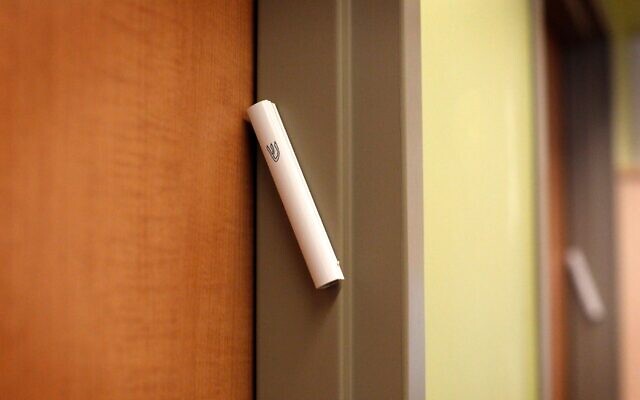Fears of a Jew living in the Diaspora
'We believe that Never Again is a fact rather than a hope'.

I’m incredibly proud to live in New Zealand and have always been thankful that my parents managed to arrive here as refugees after the 1956 Hungarian uprising. In doing so they sacrificed their own sense of place and identity, to ensure that their progeny would grow up safe and secure. And so we did. Fully embracing our status as citizens of one of the more respected liberal democracies in the world. Given the freedom to express viewpoints, follow religious beliefs, grow economic wealth and the rest.
My siblings and I have always felt a connection to Israel, mainly through familial connections. However, a religious connection was felt less strongly. I went to synagogue from time to time as a kid, and I had my bar mitzvah in the Wellington synagogue but in the 40 or so years since my religious involvement has been negligible.
I spent a year in Israel in my 20s and had a secret desire to meet an Israeli girl, make aliyah, get married and bring up some true Sabra kids. That was not to be and New Zealand has remained my home. I married an incredible woman who, while being a Gentile, has embraced my connection with Israel and secular Judaism. We have two boys, both incredible young men who have visited Israel a number of times and feel connected to the people, the places and the food. And while they have names drawn directly from the Bible, they have no religious connection whatsoever.
All of this gives some context for where I, and more importantly my sons, are at and which gives some colour into why I am incredibly anxious about their future in this country.
I had an argument with my eldest son this morning. He’s a smart lad who understands the historical arc for Jews and has had the history of the Shoah told to him by his father in the context of his grandmother, a survivor of Bergen-Belsen. He has visited Yad Vashem multiple times, seen the movies and read the books. He knows about the events leading up to the Nuremberg laws.
I pleaded with him this morning to at least consider what an escape route might look like. What some options might be for him and his brother if we are, in fact, living through another time analogous to 1933. If this current simmering antisemitism doesn’t resolve, but rather grows and becomes even more acute.
Distressingly, he laughed at me and suggested that I’ve gone down a rabbit hole of conspiracies and hyper-sensitivity after October 7th. He, who has no real feeling of connection with Israel beyond it being a place to get great falafel, catch up with family and soak up the history of his forebears. And this is the real risk that we as a community in the Diaspora face.
The same risk that was faced by all those in the 1920s and ’30s in Germany who proudly proclaimed that they were Germans first and Jews second. Those who determined that, since they were secular, or only had minimal Jewish blood, that they were safe. Those who considered that they lived in more enlightened times.
Every Passover we talk about the fact that in every generation they rise up to destroy us. We read the books and watch the movies that tell the stories of that history and paint those words not as some kind of victimhood-based inferiority complex but rather as a truism for our people. And yet we fail to plot that historical reality forward into the future.
We believe that Never Again is a fact rather than a hope. Maybe we accept the abstract concept of Israel as an insurance policy but fail to consider it as a very real one. We post the memes of support, but tend not to contemplate that this is existential – for our people but also, most importantly, for us as individuals.
That is perhaps the most terrifying thing for a Diaspora Jew only one generation removed from those who were murdered in the Shoah. That we as a people have forgotten those lessons of only a few decades ago and think that this time it will be different. I weep to think that my sons might have to leave their home in the dead of night to ensure their safety but as a father I have no option but to try my hardest to convince them of the fact.
Ben Kepes is a spokesperson of the New Zealand Jewish Council.

comments